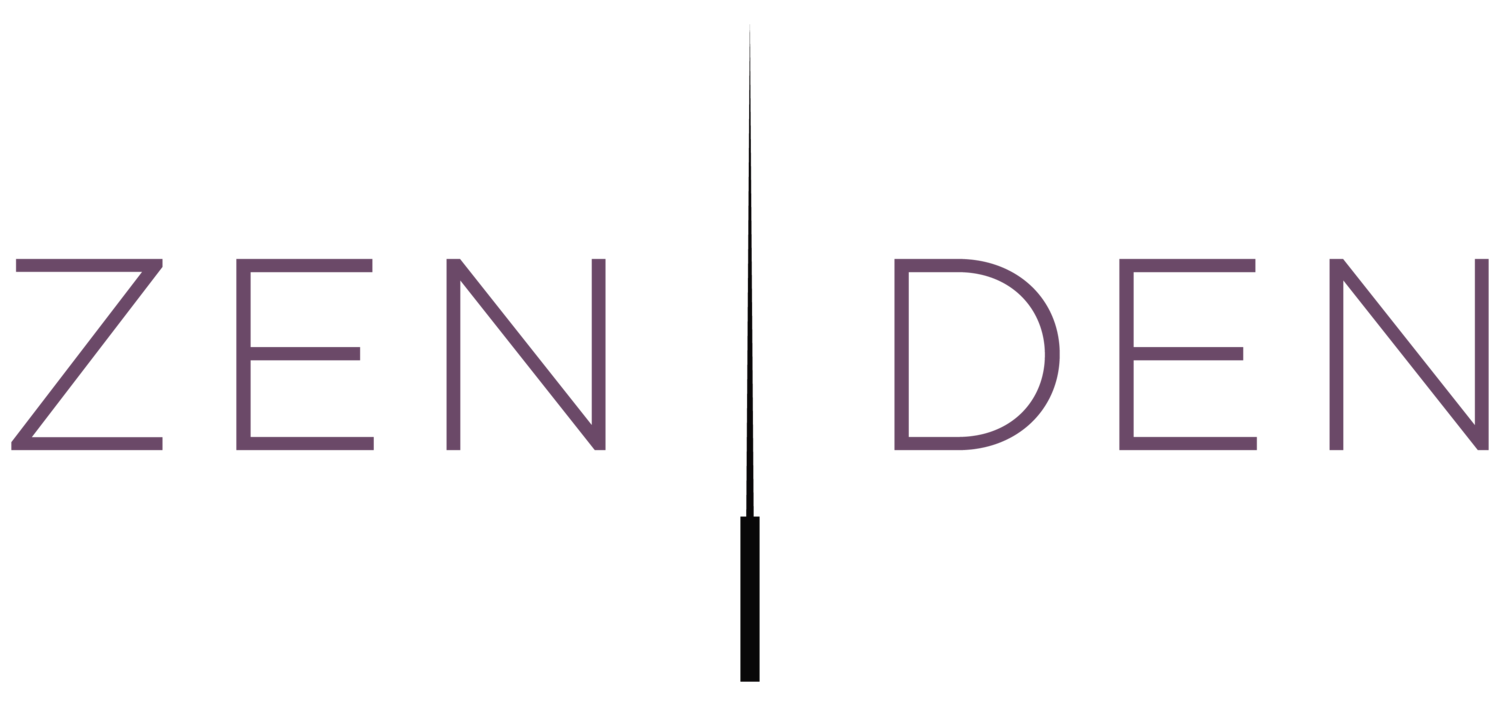Acupuncture has been practiced for thousands of years, yet its fascinating concepts continue to intrigue both newcomers and seasoned practitioners. One of the foundational ideas in acupuncture is the acupuncture point, a term that holds the key to understanding this ancient healing art. But what exactly is an acupuncture point, and why is it so significant? Let’s dive into this cornerstone of Traditional Chinese Medicine (TCM).
The Basics: What Is an Acupuncture Point?
An acupuncture point, is a specific location on the body where an acupuncturist inserts thin needles to stimulate healing. These points are found along meridians, which are invisible pathways believed to carry qi (pronounced "chee"), or vital energy, throughout the body.
According to TCM, the flow of qi along these meridians keeps the body balanced and healthy. When the flow is disrupted—due to stress, injury, or illness—pain or disease may occur. Stimulating acupuncture points helps restore the smooth flow of qi, promoting balance and wellness.
The Science Behind Acupuncture Points
While the concept of qi and meridians comes from TCM, modern science has also studied acupuncture points. Research suggests that acupuncture points may correspond to areas of the body rich in:
Nerve endings: These points often lie where nerves are densely clustered.
Fascia: Connective tissue that may transmit the effects of acupuncture stimulation.
Microcirculation: Areas with higher concentrations of blood vessels.
Studies have shown that stimulating these points can activate the nervous system, release endorphins, and modulate pain signals, offering a biological explanation for acupuncture's effectiveness.
How Are Acupuncture Points Found?
Acupuncture points are not random. There are over 360 recognized points on the body, each with a specific location and therapeutic function. Practitioners locate these points using anatomical landmarks, such as bones, muscles, and creases in the skin. Some points are well-known for their versatility, such as:
LI4 (Hegu): Found between the thumb and index finger, often used for headaches and stress relief.
ST36 (Zusanli): Located below the knee, used for boosting energy and digestion.
SP6 (Sanyinjiao): Found on the lower leg, often used for hormonal and digestive health.
What Happens When an Acupuncture Point Is Stimulated?
When a needle is inserted into an acupuncture point, several things may occur:
Qi Activation: In TCM terms, the needle helps balance qi flow.
Nervous System Stimulation: Needling may trigger a response in the central or peripheral nervous system, reducing pain or inflammation.
Hormonal Effects: Acupuncture has been shown to influence the release of hormones like serotonin, which affects mood, and cortisol, which regulates stress.
Patients often report sensations like warmth, tingling, or a dull ache at the point, which TCM practitioners interpret as the activation of qi.
Types of Acupuncture Points
Not all acupuncture points are the same. They can be classified based on their function or location:
Local Points: Found near the site of pain or dysfunction. For example, treating shoulder pain might involve local points on the shoulder.
Distal Points: Located far from the site of discomfort, often on the hands, feet, or ears. These points are used to treat systemic conditions or internal imbalances.
Special Points: Certain points, like source points or trigger points, have unique properties and functions.
Why Are Acupuncture Points Important?
Acupuncture points are the foundation of the entire practice of acupuncture. Without them, practitioners couldn’t:
Diagnose imbalances in the body.
Customize treatments for individual needs.
Harness the body’s innate ability to heal itself.
By targeting these precise locations, acupuncture provides a holistic approach to health, addressing not just symptoms but the underlying causes of imbalance.
Final Thoughts
Acupuncture points are more than just spots on the body—they are gateways to restoring harmony and balance. Whether you're seeking relief from pain, stress, or chronic conditions, understanding the role of acupuncture points can deepen your appreciation for this ancient and powerful healing modality.
If you’re curious about how acupuncture can benefit you, consider scheduling a session at Zen Den. You might be amazed at how a few well-placed needles can transform your health and well-being!
